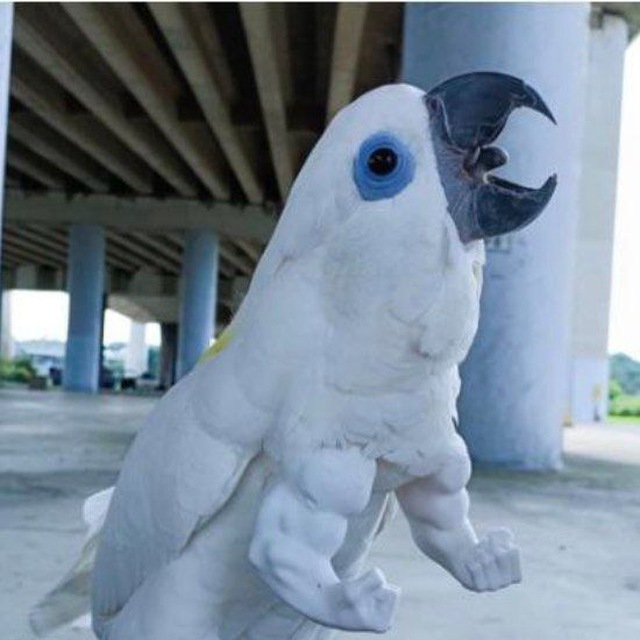I find people who actually study language are more tolerant toward different pronunciations and informal speech and colloquialisms and less likely to be grammar nazis.
Probably because they understand that all language is made up and they all change constantly. There’s no hard and fast rules.
Language science/grammar/etc are all just observations of a natural phenomena, they are not laws to dictate.
See description vs prescription for anyone interested
Obligatory alt text:
“Do you feel like the answer depends on whether you’re currently in the hole, versus when you refer to the events later after you get out? Assuming you get out.”
XKCD should always include the alt text, imho. It’s often the better punchline (as in this case, imho.)
Fell down a hole implies that the hole is vertical and going downwards
Removed by mod
That’s how my best friend accidently got my girlfriend pregnant.
Tie your damn shoelaces people!
Is there a similar implication for stairs when people fall down them?
I’ve fallen up the stairs, and i’ve fallen down the stairs. I’ve also fallen upstairs and fallen downstairs.
See also “fell into a hole”.
To me, if you partially fall into a hole, ie. foot falls into a small pothole, you’ve fallen in it but not down it.
If I’m walking around in a hole and stumble, I’ve also fallen in a hole (but not into/down)
Yes, although I think that’s parsed differently-- you’ve [fallen] [in a hole] not [fallen in] [a hole]
Yeah. I feel like fell down implies you travelled some not insignifcant distance while falling.
Well this changes that Alice In Chains song for me 🕳️
But this is something that makes English both frustrating and fascinating!
All language is like this. It’s a large part of why communication is actually very difficult.
This is awesome. I only know some of one other language but am not as fluent in it. This is good to know, thanks!
Out of curiosity, shouldn’t there be a comma after the “or” in the third panel?
Grammatically, no, because “or” is a coordinating conjunction (for, and, nor, but, or, yet, so), and coordinating conjunctions are a way to join two independent clauses, like a semicolon. They are used after an independent clause and a comma, and they are followed by another coordinating conjunction.
Here’s two independent clauses: I got scratched by a cat. I’m sad.
Here’s a way to join them with a semicolon: I got scratched by a cat; I’m sad. The semicolon replaces the period.
Here’s a way to join them with a coordinating conjunction: I got scratched by a cat, so I’m sad. The
, soreplaces the semicolon/period.Note that I got scratched by a cat so, I’m sad is incorrect, because to join two independent clauses, you’re supposed to put the comma first and then the conjunction, in that order. Colloquially, people will often omit the comma entirely, to reflect pronunciation I guess. But as far as I can tell, people don’t generally pronounce a pause between the coordinating conjunction and the following independent clause, so they don’t put a comma there either.
I really appreciate this comment and enjoy that I learned something today.
I’m so glad it didn’t come off as passive-aggressive or rude. Thank you for this message. I hope you have a truly wonderful day, my friend.
No I don’t think it’s necessary at all, unless the author wanted to emphasise a pause there









